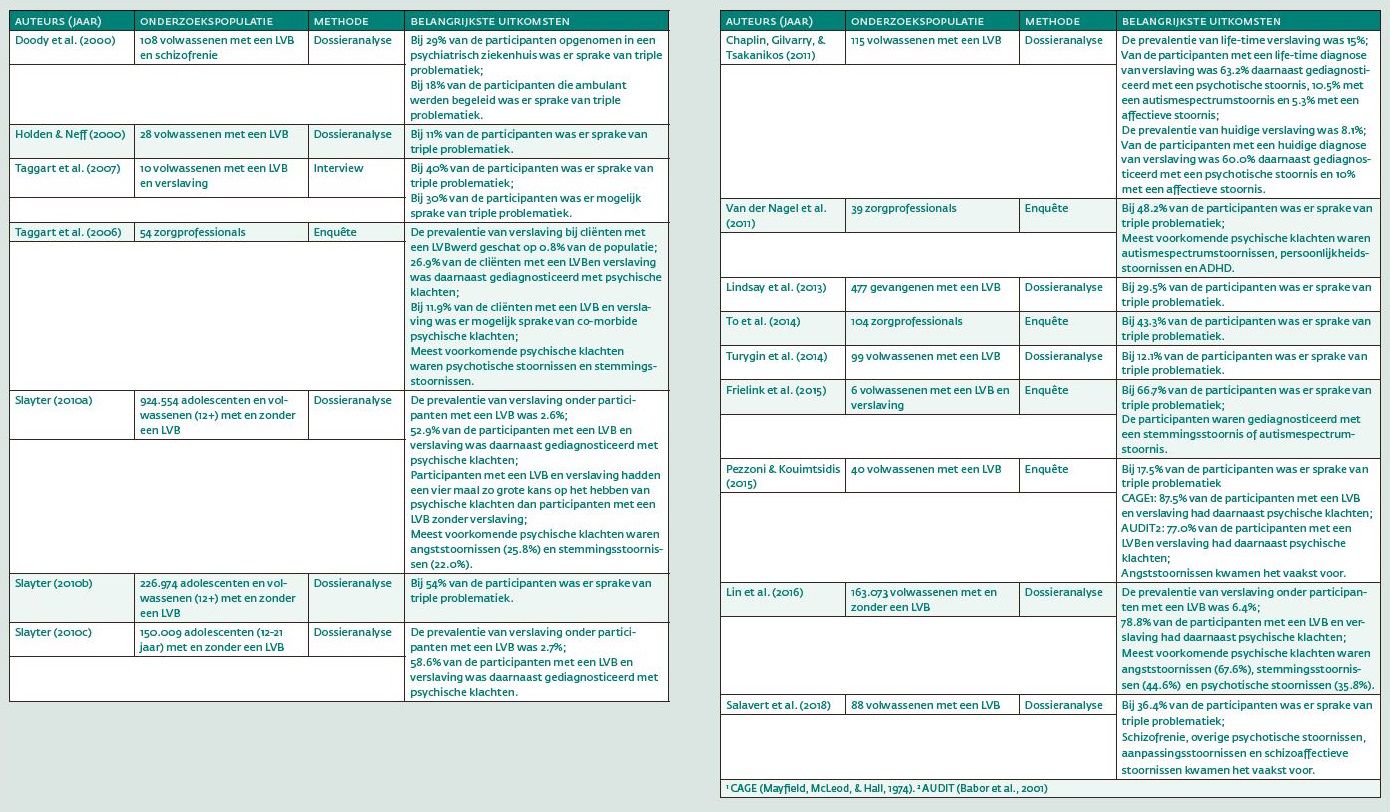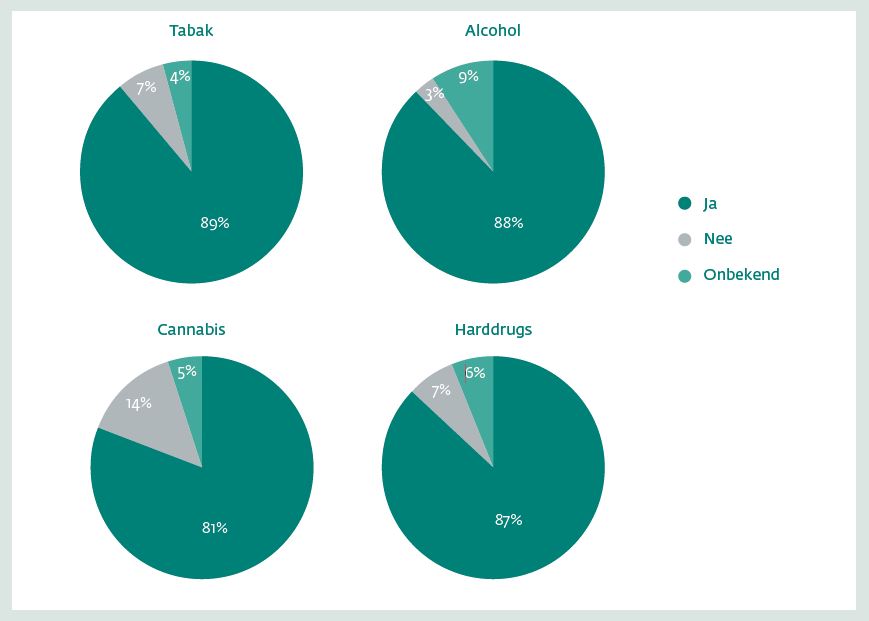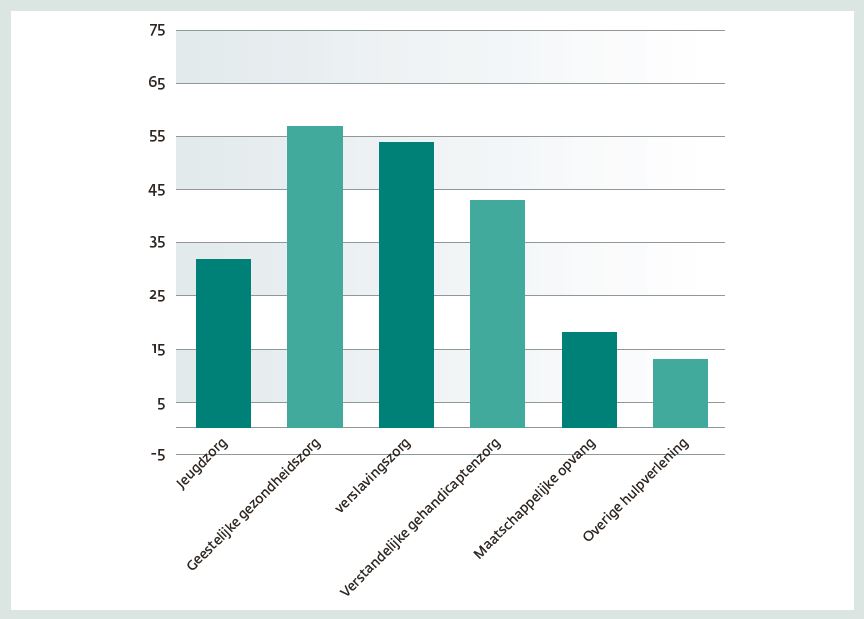Introductie
‘Een ongeluk komt zelden alleen.’ Oftewel: als er iets misgaat, gaat er vaak nog meer mis. Een spreekwoord dat zonder enige twijfel opgaat voor cliënten binnen de geestelijke gezondheidszorg en verslavingszorg. Er is bij hen immers vaak sprake van comorbiditeit: het tegelijkertijd voorkomen van twee of meer separate psychische en/ of gedragsstoornissen bij één persoon. Uit onderzoek blijkt dat psychische stoornissen, verslaving en een lichte verstandelijke beperking (LVB; IQ 50–85) regelmatig, en in wisselende combinaties, samen voorkomen onder volwassenen. Zo is er bij ongeveer de helft van de mensen met een verslaving sprake van bijkomende psychische stoornissen – al loopt dat percentage sterk uiteen, afhankelijk van bijvoorbeeld doelgroep en specifieke combinatie van klachten (European Monitoring Centre for Drugs and Drug Addiction, 2015). Van mensen met een LVB wordt over het algemeen aangenomen dat zij kwetsbaarder zijn voor het ontwikkelen van zowel psychische stoornissen (Cooper et al., 2007; Wieland, 2016) als een verslaving dan mensen zonder een LVB (Van Duijvenbode & Van



